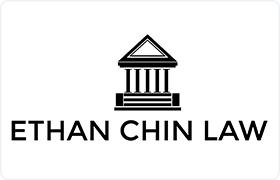Lakeview Bankruptcy & Debt Lawyer, California
Sponsored Law Firm
-
 x
x

Click For More Info:
-
Ethan Chin Law
2400 East Katella Ave. Suite 800 Anaheim, CA 92806» view mapBankruptcy & Debt Passion. Dedication. Care.
We strive our best to provide efficient legal services at low cost so that families can worry less and take their first steps finding a solution to their issues.
800-908-6270
Jeremiah D Raxter
Credit & Debt, Administrative Law, Elder Law, Trusts, Eminent Domain
Status: In Good Standing *Status is reviewed annually. For latest information visit here
Thomas G. Hrouda
Bankruptcy & Debt, Foreclosure, Landlord-Tenant, Business Organization, Estate
Status: In Good Standing *Status is reviewed annually. For latest information visit here Licensed: 28 Years
FREE CONSULTATION
CONTACTNicholas Jordan Alfano
Personal Injury, Bankruptcy, Contract, Family Law, Corporate
Status: In Good Standing *Status is reviewed annually. For latest information visit here Licensed: 11 Years
Edward Eugene Lindley
Bankruptcy & Debt, Divorce & Family Law, Family Law
Status: In Good Standing *Status is reviewed annually. For latest information visit here Licensed: 48 Years
David Akintimoye
Bankruptcy & Debt, Tax, Criminal, Real Estate
Status: In Good Standing *Status is reviewed annually. For latest information visit here Licensed: 22 Years
Akindele David Akintimoye
Estate, Divorce & Family Law, Criminal, Bankruptcy, Accident & Injury
Status: In Good Standing *Status is reviewed annually. For latest information visit here Licensed: 22 Years
 Ethan Chin Anaheim, CA
Ethan Chin Anaheim, CA Practice AreasExpertise
Practice AreasExpertise